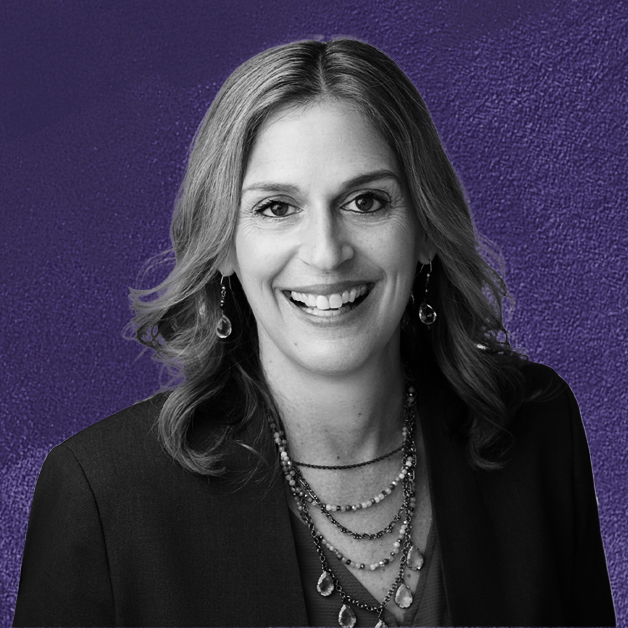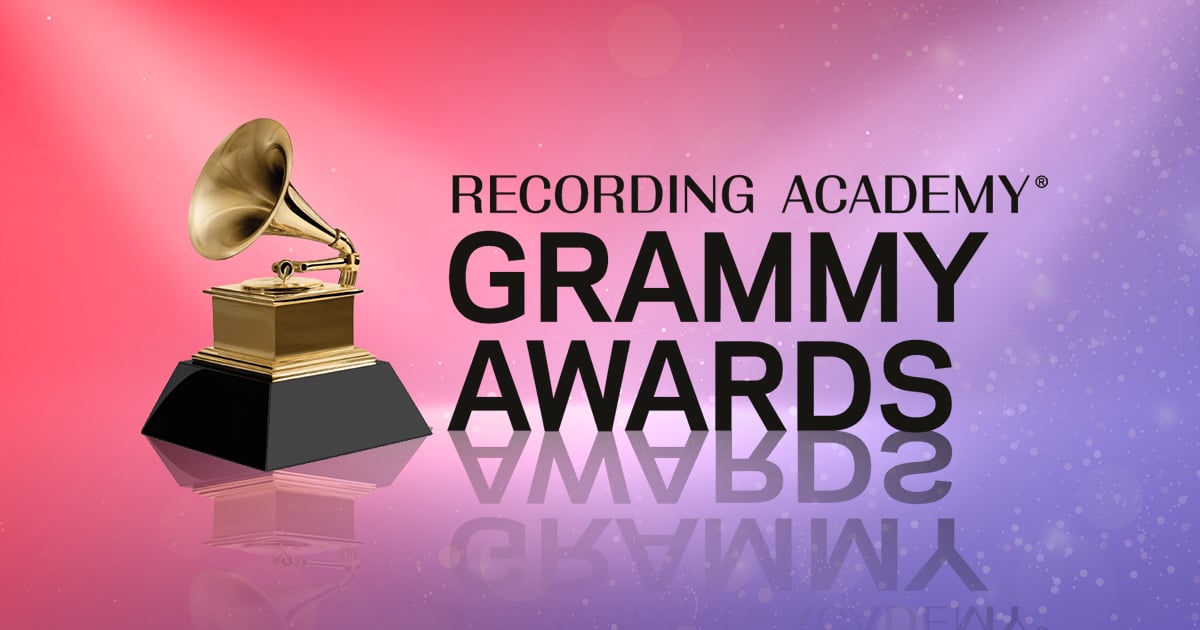
Jamie McCrary
The 2024 Grammys were marked by debut musical performances and by Taylor Swift taking home a record-breaking number of wins.
But they were also defined by an industry focus on digital technology--namely artificial intelligence–and the inevitable and irreversible impact it is having on music.
“The Grammys are an annual checkup on what's happening in the industry,” says Linda Bloss-Baum, assistant director of Kogod’s business and entertainment program, who attended this year’s event. “You not only get a sense of different types of music but also the issues entertainment leaders are focused on.”
Bloss-Baum, who worked in tech, government, and public policy and public affairs before joining Kogod’s faculty, says AI is already significantly transforming how the industry sees creative work–and how musicians produce it. The Recording Academy’s just-released AI protocols, which categorize how AI can be used in Grammy submissions, is just one example.
Read on for more on what she tuned into at this year’s Grammys, and which trends and topics she deems must-knows for business and entertainment.
AI is a front-and-center issue for the entertainment industry
Artists have increasingly begun to use artificial intelligence to shape and refine their work, particularly during 2023 as the use of digital tools like ChatGPT proliferated.
“The recorded music industry is super concerned about the future of human creativity,” says Bloss-Baum. “If it's doable for machines to do this work, will we still have the next great Taylor Swift? Or will people be increasingly relying on AI for that?”
The Recording Academy, the GRAMMY’s parent organization, has stayed plugged into this trend–data that influenced it to implement its first-ever AI protocols for this year’s awards.
The Academy’s new rules state that only human creators can receive a GRAMMY–though artists can still submit AI music and content. Songs that incorporate AI voices or instrumentation may still be considered.
Bloss-Baum says this was a defining moment for the recording industry–especially for artists like Gen-Z up-and-comer JVKE, who crafts his performances with both audio and visual AI components.
She also notes the implications of these new policies on more global industry topics, like copyright law.
As AI becomes more prominent, this is a critical year to get out there and be a part of some of those conversations to understand what direction the music industry is going.”

Linda Bloss-Baum
Business and Entertainment Program Assistant Director, Kogod School of Business
Industry professionals should keep a pulse on AI policy
Music and entertainment tech lovers can belatedly tune into some of these key conversations by watching the House Judiciary Committee’s hearing on artificial intelligence and intellectual property. Held in Los Angeles on February 2, the public hearing brought together policymakers and recording and film industry veterans to examine the impact and implications of AI on entertainment.
“It’s critical we understand how AI is impacting our field,” says Bloss-Baum. “Understanding these policy debates is an important part of that.”
Highlights included GRAMMY-winning country artist Lainey Wilson’s testimony on the determent of using AI to replicate artists’ voices and likenesses–as well as Congressman Darrell Issa’s AI video, which aired Johnny Cash’s voice singing lyrics from the Barbie song to the tune of “Folsom Prison Blues.”
“It was a stark illustration of AI's capabilities and how they can impact the creative community,” says Bloss-Baum.
She also notes several recently introduced AI-related bills as important to follow, particularly those focused on regulating deep fakes, an increasingly common issue for musicians. The legislation marks the first comprehensive attempt by Congress to address AI and includes efforts to balance the regulation of generative AI tools as well as initiatives to boost innovation.
“Where do you draw the line on what's a legitimate use of AI and what's not?” says Bloss-Baum. “These potential policies will help the entertainment industry define that.”
In Business and Entertainment, Relationships Are Everything
Bloss-Baum also stayed tuned into another more personal source of information: other industry experts. With an average of more than 2,500 live attendees each year, the GRAMMYS provide a rich opportunity to learn from–and network with–the entertainment industry’s leading experts.
Bloss-Baum stressed the importance of attending as many events as possible–business and entertainment isn’t 9-to-5, she reminds us–and finding authentic, common ground with people.
“Most networking happens in a less formal way, whether out in the field or on the dance floor,” she says.Be present and surround yourself with good people. And in return, you should show anybody out there how good of a person you are.”

Linda Bloss-Baum
Business and Entertainment Program Assistant Director, Kogod School of Business
She applauds AU for encouraging faculty to take this approach.
“Kogod wants us to keep up with what’s top-of-mind in the entertainment industry,” she says. “They don't want us to just sit on campus and teach the same old stuff every year.”
Now back in DC, Bloss-Baum is digesting her new tech knowledge to inform her work moving forward. She’s participating in several AU committees on how AI will be incorporated into the university’s curriculum and is considering ways to share her new industry connections with students.
“As an educator, I'm always working in the industry with an eye toward how students could benefit,” she says. “We need to make sure they’re prepared to operate in a world full of AI.”
